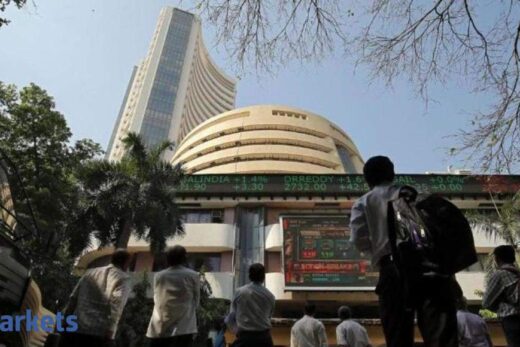The investment will be for expanding flat rolling capacity at Hirakud, Odisha, new extrusion plant at Silvassa in Dadra and Nagar Haveli, and in a greenfield site at Mundra in Gujarat with a recycling facility, Hindalco said in its Annual Report 2020-21.
Stating that the company is planning to expand its aluminium downstream business with a focus on value-added products (VAP) over the next three-seven years, Hindalco said its products would cater to customised requirement for varied and complex applications of aluminium.
The Hirakud plant capacity for flat rolled products is estimated to be 3,40,000 tonne per annum. The planned capacity of the extrusion plant at Silvassa is 34,000 tonne per annum, which would have three extrusion presses to service premium customers in building and construction, automobile and transport, electrical, consumer and industrial good sectors.
In addition, the new extrusion and recycling unit at Mundra is awaiting land acquisition process and would have a capacity of 93,000 tonne per annum.
In India, the focus continues to be on downstream that constitutes value-added offerings, primarily in the Flat Rolled Products (FRP) and extrusions segments.
“With the market segment presenting sizeable untapped opportunities, we are committed to deploying resources to transform this vertical into a future EBITDA growth driver,” the company said.
The Indian demand for aluminium lags behind global demand by a significant margin. This, along with the lower per capita consumption of aluminium, bodes well for robust demand growth in the medium to long term, it added.
The packaging, construction and transportation sectors also remain underpenetrated in India compared to global standards, thereby presenting substantial growth avenues that “we are well-placed to explore and capitalise on.”
“In terms of our Indian operations, expansion of the Utkal Alumina refinery will increase operational efficiencies even as we continue our investments to modernise the existing alumina capacities, leading to improvement in the quality of output and on-site cost efficiencies,” it said.
Investments in revamping older alumina refineries, such as the Renukoot refinery, are expected to reduce operating costs of these refineries in the future.



